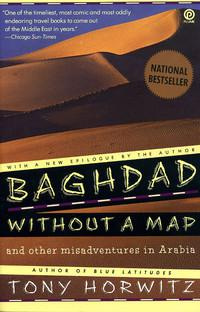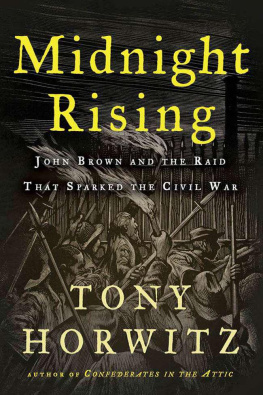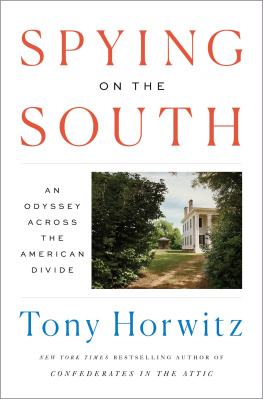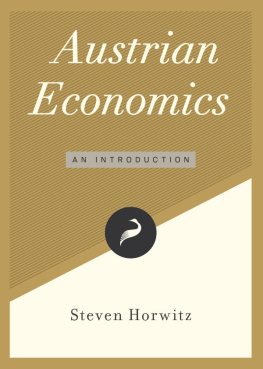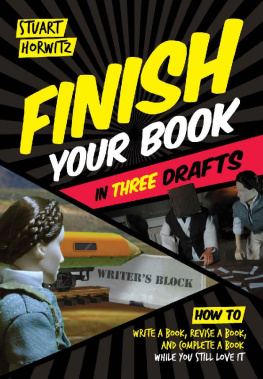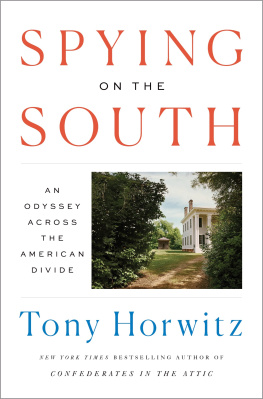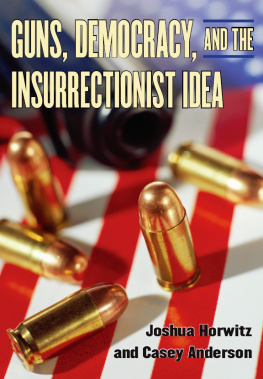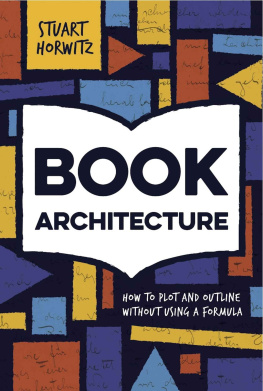Tony Horwitz - Baghdad without a Map and Other Misadventures in Arabia
Here you can read online Tony Horwitz - Baghdad without a Map and Other Misadventures in Arabia full text of the book (entire story) in english for free. Download pdf and epub, get meaning, cover and reviews about this ebook. year: 1992, publisher: Plume, genre: Detective and thriller. Description of the work, (preface) as well as reviews are available. Best literature library LitArk.com created for fans of good reading and offers a wide selection of genres:
Romance novel
Science fiction
Adventure
Detective
Science
History
Home and family
Prose
Art
Politics
Computer
Non-fiction
Religion
Business
Children
Humor
Choose a favorite category and find really read worthwhile books. Enjoy immersion in the world of imagination, feel the emotions of the characters or learn something new for yourself, make an fascinating discovery.
- Book:Baghdad without a Map and Other Misadventures in Arabia
- Author:
- Publisher:Plume
- Genre:
- Year:1992
- Rating:4 / 5
- Favourites:Add to favourites
- Your mark:
- 80
- 1
- 2
- 3
- 4
- 5
Baghdad without a Map and Other Misadventures in Arabia: summary, description and annotation
We offer to read an annotation, description, summary or preface (depends on what the author of the book "Baghdad without a Map and Other Misadventures in Arabia" wrote himself). If you haven't found the necessary information about the book — write in the comments, we will try to find it.
Baghdad without a Map and Other Misadventures in Arabia — read online for free the complete book (whole text) full work
Below is the text of the book, divided by pages. System saving the place of the last page read, allows you to conveniently read the book "Baghdad without a Map and Other Misadventures in Arabia" online for free, without having to search again every time where you left off. Put a bookmark, and you can go to the page where you finished reading at any time.
Font size:
Interval:
Bookmark:
Baghdad Without a Map
Tony Horwitz
I was driving alone, on a moonless night, along the rim of the vast desert known as the Empty Quarter. The road was black and narrow, the occasional sign written in Arabic script I couldn't yet decipher. I turned and turned again and felt the back wheels spin in drifting desert sand.
Retracing my route, I stopped at a small oasis of palm trees and whitewashed villas. Arab houses, particularly those in the Persian Gulf states, reveal little to the outside world. Knocking on a plain metal door set in a high wall of stucco, I wondered if the home inside was a palace or a hovel.
The door creaked open a few inches and a woman peered out, her face concealed by a black canvas mask. It formed a beak around her nose, with narrow eye slits, like medieval armor. I asked in simple Arabic if she could direct me back to the town I had left to watch the sunset, three hours before.
She paused, glancing over her shoulder. There was a rustle of garments and the whisper of female voices. Then she invited me in and slipped behind another door to find someone who could help.
Five women sat on a carpet in the courtyard, sipping tea from tiny glasses. They wore masks like the woman at the door, and billowy black shrouds that fell to their toes, concealing hair and skin.
I smiled and offered the ubiquitous Arab greeting: Salaam aleikum. Peace be upon you. Ten eyes stared back through their peepholes. It was difficult to tell if anyone returned my smile. Then one of the women stood up and offered me a glass of tea. She spoke in hesitant English, and her voice was muffled by the veil. I love you, she said.
I looked down, embarrassed, and studied the red henna dye painted in swirls across the tops of her toes. Somehow, saying I love you, too to a Muslim woman in a face mask didn't seem appropriate. So I smiled and thanked her. We stood there, blue eyes to black eyes, until a man appeared at the edge of the courtyard. He wore a starched white robe and a white kerchief folded like a fortune cookie atop his head. I love you always, the woman said, retreating toward the black-robed huddle on the carpet.
The man explained in a mix of English, Arabic and pantomime that I should follow the oil wells, vast laceworks of steel strung out along the highway. At night, wreathed in blinking lights, they looked like dot-to-dot drawings without the lines sketched in. Before Mohammed brought Islam to the Arabian peninsula, the bedouin worshiped stars and used them as guides in the night. These days, nomads navigated by a constellation of oil.
The drive was long and dull, and I passed the time by replaying the courtyard scene in my head. I'd noticed a satellite dish perched atop the villa; perhaps the women had been watching television. Wasn't I love you what men and women often said to each other in the West? I let my imagination drift out across the sand. Perhaps the women dreamed of strangers in the nightthough probably not blond men in khakis and sneakers, sputtering bad Arabic. Perhaps the women were concubines, held captive in a desert harem. It was the sort of thing that often happened in movies about Arabia.
Most likely the meeting was meaningless, a linguistic impasse common to rookie correspondents. My first few months out here, I felt like Helen Keller, a fellow journalist had confided a few weeks before, welcoming me to the Middle East. Blind, deaf and also dumbparticularly dumb. He chuckled and took another swig of soapy Egyptian beer. But I've stopped worrying. Your average reader, even your average editor, can't tell if you know what you're writing about or not.
So I shrugged off the strange encounter. Surely, as my Arabic and my understanding of Arab subtleties improved, I'd be able to make sense of such scenes, even use them as anecdotes in my feature stories.
But strange things kept happening. And in the two years that followed, I often found myself in dimly lit hotel rooms or dusty airport lobbies, trying to fathom notes I had scribbled just hours before. What was I to make of the teenager in Gaza, his face wrapped in a black-checked keffiya, who guided me through streets smudged with burning tires, then paused to ask, Mr. Tony, there is something I must know. Are you Portuguese?
Did he know somehow I was Jewish? What did this have to do with the Portuguese?
Months later, I arrived by boat in Beirut, amid heavy artillery fire. A lone sentry patrolled the dock, and I assumed he would ask for my papers. Visa? Who said anything about visa? he said with a shrug. Gesturing toward the shell-pocked shore, he slung his weapon onto his shoulder and melted back into the gloom.
Was this an invitation or a warning?
On a later reporting trip, to cover the funeral of Ayatollah Khomeini, I found myself stuck in Tehran traffic beside a taxi driver who kept grabbing my thigh and shrieking: America! Donkey! Torch! He refused to accept a single riyal for the hour-long ride.
After a time, I contented myself with scribbling in my notebooks and filling the margins with question marks. Islamic society, like die homes I had passed that first night in the desert, didn't open easily to Westerners. To pretend that I understood all that I saw and heard was folly.
But the mystery kept tugging, even after I left the Middle East. The margins were still filled with question marks. And some nights, when the rain raps hard against my window, I wander south to the Empty Quarter, to black masks and black eyes and red-henna toes, and wonder why it was she loved me.
Free lance... one of those military adventurers, often of knightly rank, who in the Middle Ages offered their services as mercenaries, or with a view to plunder... a condottiere, a free companion.Oxford English Dictionary
Some men follow their dreams, some their instincts, some the beat of a private drummer. I had a habit of following my wife.
This wasn't a problem, except for the places she chose to go. First frostbitten Cleveland, where she had a job and I didn't. Then Australia, her parents' home and ten thousand miles from mine. Now, after three years Down Under, Ger-aldine proposed that we move Up Over againto Cairo.
It's seven time zones closer to America, she said hopefully. Her newspaper office had just called to offer her the Middle East posting. You like historical places, she added. It's awfully old, Egypt.
The thought of starting over again, in another strange country, alarmed me. In a month I would turn twenty-nine, an age at which most pharaohs were already drifting toward eternity in their barges of the night. Tut didn't even make it to eighteen. By then, he'd been ruler of Upper and Lower Egypt for seven years. At twenty-eight, I was still struggling to rise from the ranks of cub reporter.
I quit my job and traveled home to explore my journalistic prospects. They weren't very good. Several years of reporting on koala care at the Sydney Zoo and school board meetings in Fort Wayne, Indiana, hardly qualified me for a foreign correspondent's job writing about Abu Nidal or the finer points of OPEC negotiations.
Work as a stringer was the best I could hope for. Stringer is a descriptive non-job title. It means you are paid piecework, for occasional stories, usually when the regular correspondent is out of town or busy with a more important assignment. Stringers are the double-A players of journalism: pitifully paid, forced to travel on the cheap and strung along with the promise of being called up to the majors. Most never make it.
So I decided to take a job-hunting swing down the East Coast, to make sure I wasn't missing a shot at big-league journalism in America.
We need someone to cover education, and you've got experience at that, said Editor #1, at a big paper in Boston. I moved to the edge of my chair. Have you tried the Quincy Patriot-Ledger? he asked. They beat us on a lot of suburban stories. There's also a weekly in Braintree. You might try that.
Next pageFont size:
Interval:
Bookmark:
Similar books «Baghdad without a Map and Other Misadventures in Arabia»
Look at similar books to Baghdad without a Map and Other Misadventures in Arabia. We have selected literature similar in name and meaning in the hope of providing readers with more options to find new, interesting, not yet read works.
Discussion, reviews of the book Baghdad without a Map and Other Misadventures in Arabia and just readers' own opinions. Leave your comments, write what you think about the work, its meaning or the main characters. Specify what exactly you liked and what you didn't like, and why you think so.

